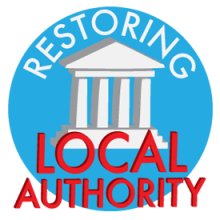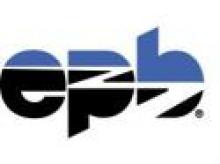FCC Releases Notice of Inquiry on Broadband Progress
Section 702 of the 1996 Telecommunications Act requires the FCC to report annually on whether "advanced telecommunications capability is being deployed to all Americans in a reasonable and timely fashion." The FCC kicked off its tenth such report on Tuesday by releasing a "Notice of Inquiry," (NOI) in effect asking individuals and groups around the country to offer relevant data and comments.
This process amounts to a kind of crowdsourced "State of the Union" on broadband issues. In addition to determining how many people in what areas have broadband access, this NOI also asks the critical question of how exactly the FCC should define broadband. The current definition of 4mbps download capacity and 1mbps upload may have been sufficient in the past, but isn't adequate for even recreational household use by many Americans today, let alone the demands of running a business and conducting commerce online.
This NOI also asks some arcane but important questions about other aspects of broadband definitions, including latency (the speed of data moving within a network, a different measure than bandwidth) and the widespread use of data caps and other policies in the telecom industry.
Obviously the answers to all these questions have significant implications for municipal networks. Inadequate or overly-loose definitions of broadband allow incumbents to claim that they are providing excellent service to just about everyone in a given area, when that is often far from the truth. Many restrictive state laws limiting municipal networks, as well as federal grant programs that may support such networks, are based on whether an area is defined as already served or underserved, which may be dependent on FCC benchmarks. As is often the case in regulatory issues, the devil is in the details.
FCC Chairman Tom Wheeler introduced the NOI with the following statement:






